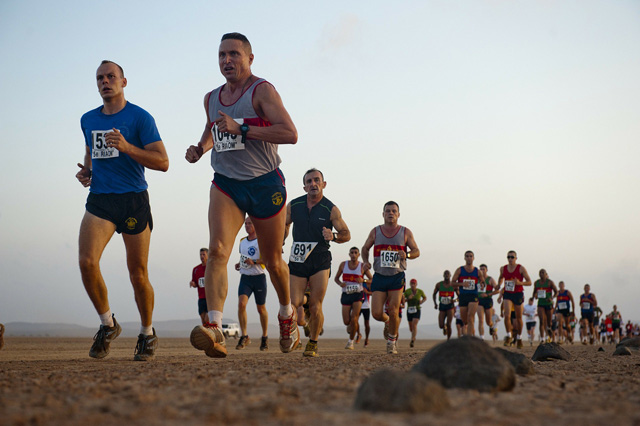
Over the past few years we’ve seen an evolution in attitudes towards mental health in sport. Where once upon a time we expected our professional athletes to be stoic in the face of pressure and valued toughness above most else, commonly exhorting players to ‘harden up’, we’ve come to understand the pressures that can be placed on people at the top of their field.
Man Up?
We can follow some of this journey in sports like cricket by tracing the gradual change in response to displays of emotion. When Kim Hughes resigned the captaincy in tears it attracted ridicule, but decades on there was a surprising amount of sensitivity shown to Jonathan Trott when he withdrew from England’s Ashes tour of Australia due to mental health issues, and fast bowler Mitchell Johnson’s frank discussions of his emotional state were seen as matter of course.
Sporting organisations and clubs have recognised the importance of looking after their players’ mental and emotional health, not just their physical needs. It’s not only during their careers when it can have an impact on performance. Thankfully there is an increasing acknowledgement of the moral responsibility of trying to help players deal with life after sport, putting support structures in place to help with their transition.
Journey to Wellbeing
It’s heartening to see the strides in the right direction that are being made, and there is a recognition that there is still a long way to go. Recently the wife of a major rugby player took to social media to remind fans of the toll that their negative comments and abuse can take on athletes and warning that consequences could be serious.
There was also the sad story of a young athlete from the United States who committed suicide after missing a flight to a national training camp. This terribly sad outcome provides us with a warning that we must be aware of the pressures that the extremely competitive nature of professional sport can put on people at every level. It is imperative that there are support networks and services in place.
Why do we play?
Sport shouldn’t be a matter of life and death. It should bring happiness to everyone involved, those competing just as much as those watching. All of us have a responsibility to do our part in making sure that we don’t contribute to an atmosphere that forgets real people are involved.
When we recognise that our sporting heroes are human too, facing many of the same pressures and struggles as we do, it doesn’t have to lessen our enjoyment. Instead, perhaps it can help us realise that needing help is not a weakness, and that if even elite athletes can sometimes struggle we don’t have to be ashamed when we do. Hopefully this will inspire us to continue to increase our support for athletes—and each other.
.jpg) David Goodwin is the former Editor of The Salvation Army’s magazine, War Cry. He is also a cricket tragic, and an unapologetic geek.
David Goodwin is the former Editor of The Salvation Army’s magazine, War Cry. He is also a cricket tragic, and an unapologetic geek.
David Goodwin archive of articles may be viewed at http://www.pressserviceinternational.org/david-goodwin.html

David Goodwin is the former Editor of The Salvation Army’s magazine,War Cry. He is also a cricket tragic, and an unapologetic geek.
David Goodwin archive of articles may be viewed at http://www.pressserviceinternational.org/david-goodwin.html